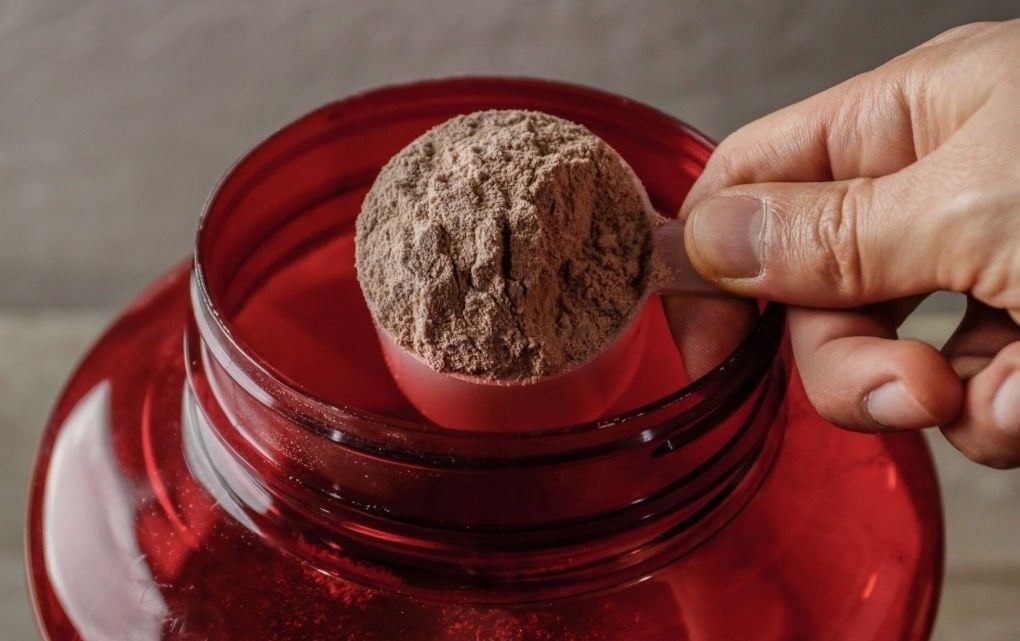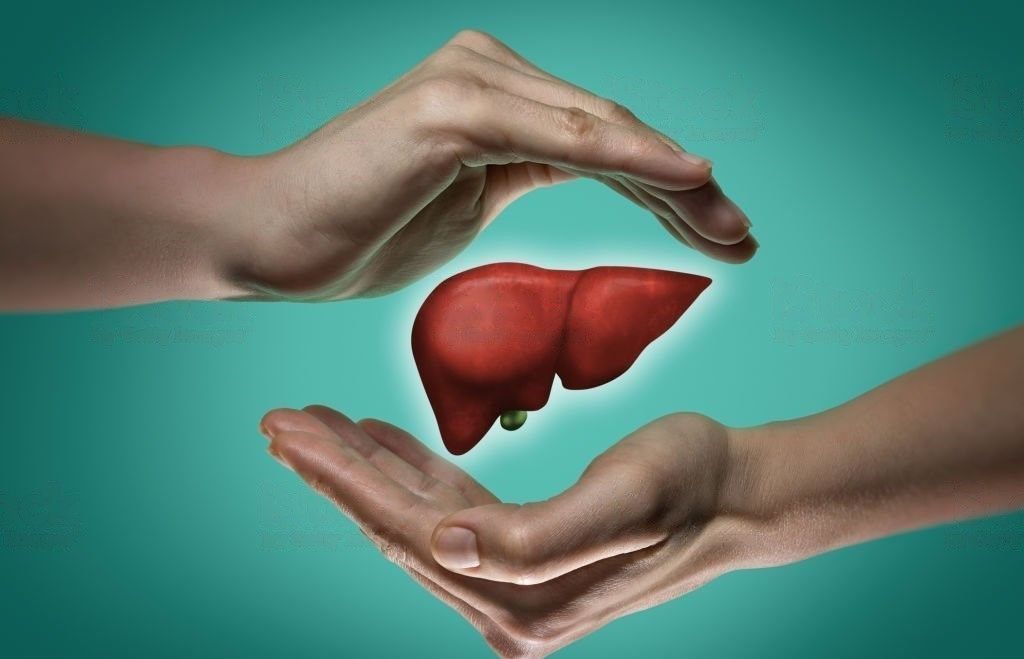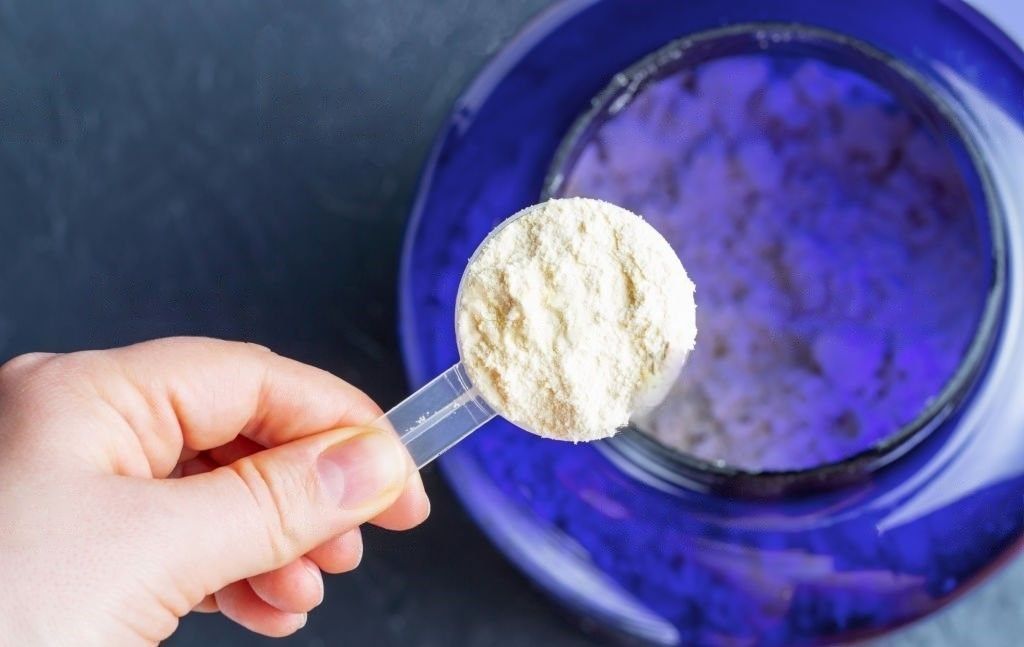Are commercial protein powders safe?
Protein serves as a crucial building ingredient for muscles. Powders are the dehydrated versions of substances like vegetables, milk, and soy.

One of the most popular nutritional supplements available is protein powder.
Protein serves as a crucial building ingredient for hair, skin, and nails in addition to muscles. Powders are the dehydrated versions of substances like vegetables, milk, and soy. They can be added to foods to increase the protein level, or they are often mixed with water or other liquids.
Because of the energy they spend and the process of tearing down, rebuilding, and growing muscle, athletes' protein needs can be up to twice as high as those of a normal person. In addition, a lot of vegans substitute protein powder for animal-based sources like meat, dairy, or eggs.
Protein powder: what is it?
Protein from plant or animal sources is concentrated in protein powders. There are numerous health food stores where you may get them as well as online, and there are numerous brands, varieties, and flavors to pick from.
Whey and casein, two milk proteins, are the most common ingredients in animal-based protein powders, with whey being more often used. Protein supplements using beef or chicken protein are also offered, used less frequently.
Manufacturers spray-dry whey, a liquid leftover from the cheese-making process, into whey protein powder.
What are the effects of consuming excessive protein?
Protein shake consumption in excess can have unfavorable effects. If you consume excessive amounts, there aren't many distinct differences between the various kinds of protein powder, while milk-derived supplements may create stomach problems.
There is little risk in consuming too much protein because excess is eliminated through urine. However, consuming too many protein shakes carries additional dangers.
Whey protein powder: Does it expire?
Yes, to answer briefly. Whey protein is a dairy product by definition, and dairy products all have a shelf life.
Let us look at some of the possible dangers it does to the human body if consumed in excess:
Liver Problems
However, consuming too much protein might exacerbate pre-existing liver conditions such as cirrhosis and hepatic encephalopathy. Protein intake raises ammonia levels, which may impact hepatic function in those with liver issues.
Up to 35% of cirrhosis patients may experience worsening hepatic encephalopathy symptoms in response to excess protein.

Dehydration
Dehydration could result from consuming too many protein shakes.
This, according to the researchers, is an important discovery since the kidneys need more liquids to remove too much protein from the body.
In order to lower the risk of dehydration, the researchers advise both athletes and non-athletes to drink extra water as their protein intake increases.

Deficit in nutrients
Some people substitute protein shakes for meals to aid in weight reduction or simply to be healthier in general, but this may not be the best course of action.
Protein drinks may be abundant in protein, but they sometimes lack other vital nutrients like fiber, healthy fats, and complex carbohydrates. Eating balanced meals that contain a range of nutrients supports all of your body's processes.
You must be careful to consume enough of your essential nutrients at other meals if you're utilizing protein shakes as a meal substitute to prevent deficits.

Kidney issues
Consuming whey protein can impair your kidneys' ability to function normally by raising your plasma urea level, calcium excretion from the urine, and urinary volume.
Kidney stones may develop as a result of the kidneys being overworked. Do not forget to consume more water and fiber if you consume whey to offset the effects.

What is the recommended dosage?
A typical dosage is 1-2 scoops (about 25–50 grams per day), usually taken after exercise.
It is advised that you adhere to the serving recommendations on the packaging.
Remember that if you consume a lot of protein already, adding whey protein on top of that may not be essential at all.

SUMMARY
Although this article focuses on the side effects of protein powders and the quantity of protein you require, it's crucial to keep in mind that quality counts as well. Even while protein shakes are practical, you shouldn't rely on them as your primary supply of nutrients.
Filling up on shakes might lead to overeating and prevent you from consuming other foods that provide important nutrients like dietary fiber and healthy fats.
Start with one scoop of protein powder per day if you wish to incorporate a protein shake into your daily diet. Get the remaining protein from foods like fish, chicken, nuts, and beans and a high-quality protein powder without additional sugar.
Jayti Shah is a Clinical Nutritionist with a master's degree in Clinical Nutrition and Dietetics. She is a member of the Indian Dietetic Association (IDA). Over the last 9 years, she has helped 400 clients in their clinical and weight loss journeys. She works with SocialBoat as a nutrition consultant.
At SocialBoat, we offer you custom diet plans and guided workouts to help you achieve your goals in a 360-degree approach. Our gamified experience ensures that you don’t find workouts boring and we reward you for being consistent with your efforts.

